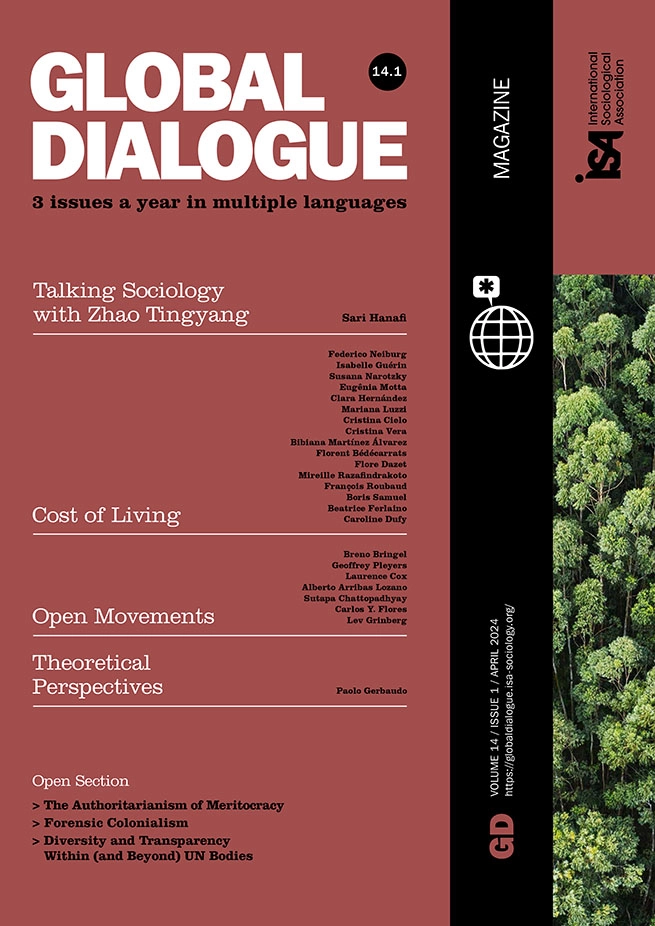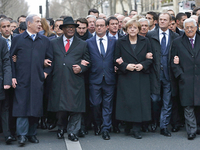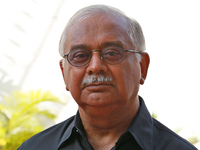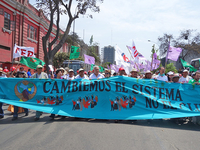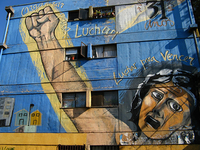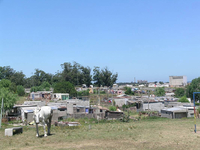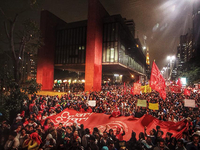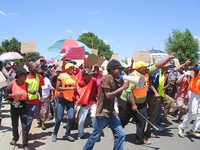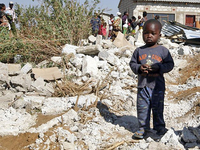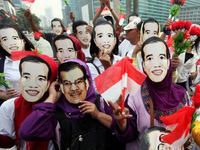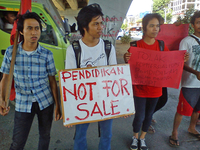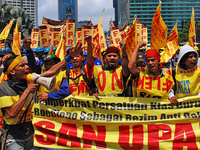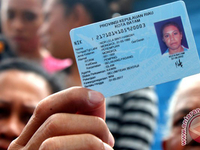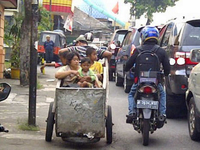GD 5.1 - March 2015
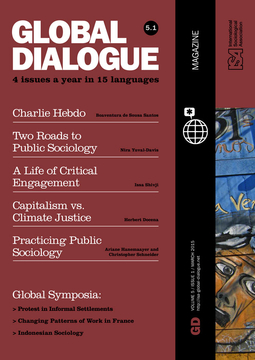
Global Dialogue is available in multiple languages!
Select the language to download the issue.
Editors:
Michael Burawoy.
Associate Editor:
Gay Seidman.
Managing Editors:
Lola Busuttil, August Bagà.
Consultants:
Ana Villarreal.
Media Consultant:
Gustavo Taniguti, José Reguera.
Consulting Editors:
Margaret Abraham, Markus Schulz, Sari Hanafi , Vineeta Sinha, Benjamin Tejerina, Rosemary Barbaret, Izabela Barlinska, Dilek Cindoğlu, Filomin Gutierrez, John Holmwood, Guillermina Jasso, Kalpana Kannabiran, Marina Kurkchiyan, Simon Mapadimeng, Abdul-mumin Sa’ad, Ayse Saktanber, Celi Scalon, Sawako Shirahase, Grazyna Skapska, Evangelia Tastsoglou, Chin-Chun Yi, Elena Zdravomyslova.
REGIONAL EDITORS
Arab World: Sari Hanafi , Mounir Saidani.
Brazil: Gustavo Taniguti, Andreza Galli, Renata Barreto Preturlan, Ângelo Martins Júnior, Lucas Amaral, Rafael de Souza, Benno Alves.
Colombia: María José Álvarez Rivadulla, Sebastián Villamizar Santamaría, Andrés Castro Araújo, Katherine Gaitán Santamaría.
India: Ishwar Modi, Rashmi Jain, Pragya Sharma, Jyoti Sidana, Nidhi Bansal, Pankaj Bhatnagar.
Iran: Reyhaneh Javadi, Abdolkarim Bastani, Niayesh Dolati, Mitra Daneshvar, Faezeh Khajehzadeh.
Japan: Satomi Yamamoto, Hikari Kubota, Takazumi Okada, Fuma Sekiguchi, Kazuki Uyeyama.
Kazakhstan: Aigul Zabirova, Bayan Smagambet, Gulim Dossanova, Julduz Battalova, Almagul Nurusheva, Daurenbek Kuleimenov, Elmira Otra.
Poland: Jakub Barszczewski, Martyna Dolores, Mariusz Finkielsztein, Weronika Gawarska, Krzysztof Gubański, Kinga Jakieła, Justyna Kościńska, Przemysław Marcowski, Mikołaj Mierzejewski, Karolina Mikołajewska, Adam Müller, Zofi a Penza, Anna Wandzel, Justyna Zielińska.
Romania: Cosima Rughiniș, Ileana-Cinziana Surdu, Corina Brăgaru, Telegdy Balazs, Adriana Bondor, Ramona Cantaragiu, Ruxandra Iordache, Mihai Bogdan Marian, Angelica Marinescu, Monica Nădrag, Mădălin-Bogdan Rapan, Alina Stan, Elisabeta Toma, Elena Tudor, Cristian Constantin Vereș.
Russia: Elena Zdravomyslova, Anna Kadnikova, Asja Voronkova.
Taiwan: Jing-Mao Ho.
Turkey: Gül Corbacioglu, Irmak Evren.
GD 5.1 - March 2015
Editorial
On Being a Public Sociologist
This issue of Global Dialogue opens with Boaventura de Sousa Santos’ reflections on the horrendous killings of the Charlie Hebdo cartoonists. If ever there was a series of events that cried out for sociological analysis, then these are they – to consider the reason for the killings, the nature of the killers, the impact of cartoons, the response of the state, and the support it elicited. What we learn is that “freedom of speech” is less a given and more a terrain of contestation and the same applies to the meaning of “Muslim” and “terrorist” – one person’s terrorist is another person’s freedom fighter. And above all, as Santos manages to do so expertly, we have to take a global perspective. We have to see the events in the context of regimes of violence and extremism that are sweeping the world, much of it perpetrated by nation states and receiving too little attention.
The killings cry out for sociological analysis but sociologists are quiet, fearing to set foot on this treacherous terrain, fearing to become public sociologists. It can, indeed, be a dangerous business. Wrestling with these issues, Nira Yuval-Davis points to two roads to public sociology: one of the sociologist in exile who takes up positions from the margins and the other of the sociologist – the famous Israeli sociologist Baruch Kimmerling – taking on issues from within the Israeli center, but becoming ever more critical. Facing a very different set of challenges in Africa, the portrait of Issa Shivji reveals an activist scholar, uncompromising in his critique of the Tanzanian state and the public defense of university autonomy.
Public sociology is not necessarily dangerous, but simply complex and urgent. Herbert Docena has been following successive UN Conferences on climate change. Watching the dismal negotiations come to naught, he focuses on the growing anti-capitalist movements that call for more drastic interventions. Finally, important public sociology can be done locally as Ariane Hanemaayer and Christopher Schneider demonstrate with their coffee house meetings, which bring the university to publics, and their open classrooms, which bring publics to the university.
This issue of Global Dialogue also contains three symposia. We have a collection of essays on informal urban settlements and land evictions in Chile, Uruguay, Colombia, South Africa and Zambia. Despite the overweening violence ranged against inhabitants, protest continues – not spontaneous outbursts but politically organized actions, sometimes successful but more often not. We also showcase sociology from Indonesia, with five essays on the new democratic dispensation that is shaping the legacies of religion, education, labor and social mobility. Finally, we have three essays from France, focused on new patterns of work – newfangled fabrication laboratories, the workplace accommodation of chronic illness, and a prefiguring of the “multi-active society” that dissolves the distinction between wage labor, unpaid care work and civic activities.
Michael Burawoy, editor of Global Dialogue
Global Dialogue can be found in multiple languages.
Submissions should be sent to globaldialogue@isa-sociology.org.
